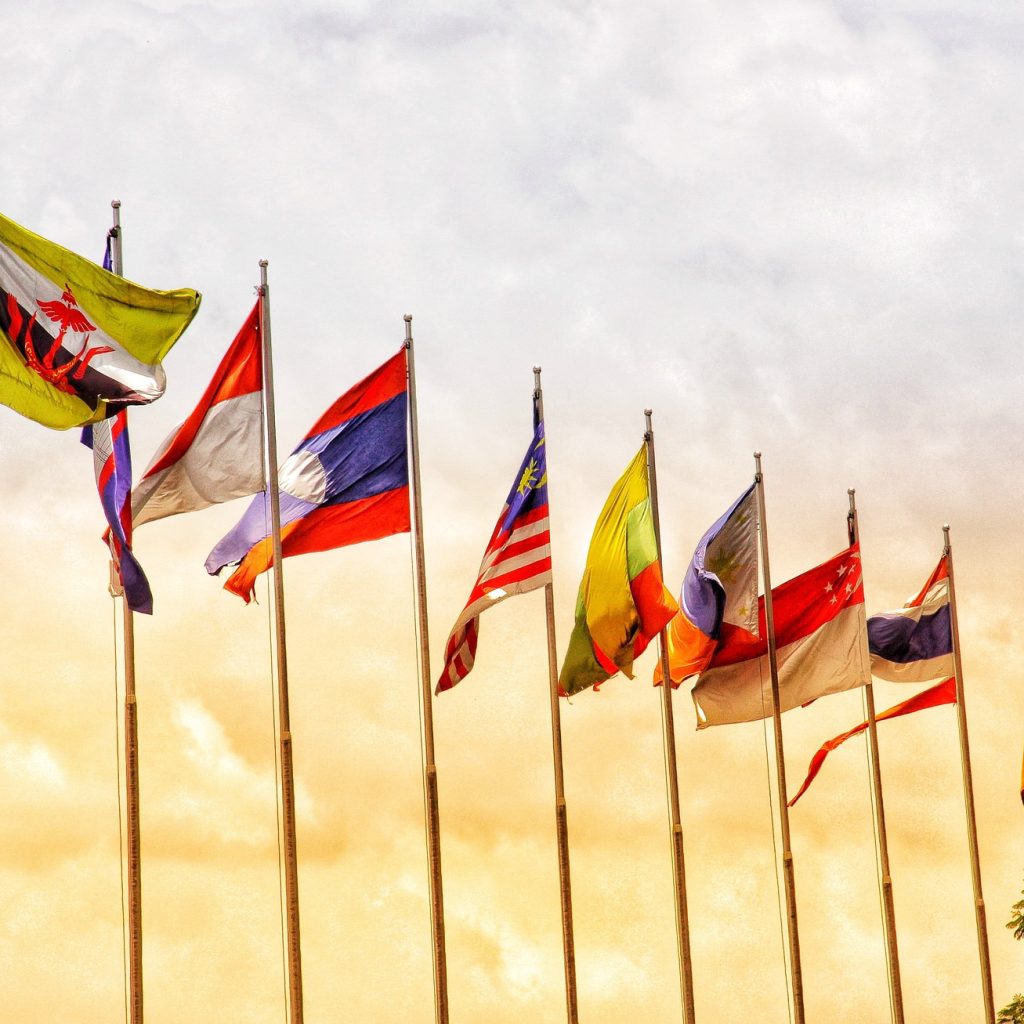Tensions between the EU and South East Asia over its deforestation now also affecting trade ties. By the end of 2023, the EU aims to agree the Indonesia-EU Comprehensive Trade Agreement (IEU-CEPA). According to EU ambassador Vincent Piket, this is being complicated by the EU’s deforestation regulation.
He stated:
“We have lots of explaining to do, to the media and officials, [so they are] convinced that the deforestation law can be made to work … Indonesia’s track record to stop deforestation is marked. The cut-off date was December 2022 [sic], and there are also no penalties for what happened in the past.”
The EU’s new deforestation regulation introduces new, stricter requirements aimed at protecting forests. In particular Malaysia or Indonesia are disatisfied with it, highlighting research from the University of Bath, which concluded that removing palm oil altogether out of the supply chain would worsen deforestation, because alternatives produced in Europe, like sunflower or rapeseed oil, require more land, water and fertilisers.
At the EU-ASEAN Summit in December, Indonesian President Jokowi criticised the EU over this, urging the European Union not to impose standards upon the ASEAN trade bloc if it wants to maintain its relationship with Indonesia going forward.
He warned: “There must be no coercion, no more parties who always dictate and assume that my standards are better than yours.”
Malaysia says it could stop palm oil exports to EU after new curbs https://t.co/RqG40kpmRS pic.twitter.com/TtrZjcb8cf
— Reuters (@Reuters) January 12, 2023
In January, tensions increased even more, as Malaysia warning it may well stop exporting palm oil to the European Union alltogether in response to the new EU deforestation rules. The latest news is that Indonesia and Malaysia will send a joint delegation to Brussels to basically confront the EU on the ‘unintended consequences’ of the regulation, with exclusion of smallholders being the most notable.
Of particular frustration in Indonesia and Malaysia is that their efforts to come up with sustainability certification standards that are mandatory for all plantations are not being appreciated, despite the fact that these have delivered results.
Chain Reaction Research (CRR), a think tank, has made clear that palm oil deforestation in Indonesia, Malaysia and Papua New Guinea fell to its lowest level since 2017.
Separately, industry initiatives suggesting awaraness about the issue are visible in South East Asia. Malaysian company Sime Darby, the world’s largest producer of certified sustainable palm oil, has stated it will reforest a 400-hectare area of peat plantations in Sabah and Sarawak as part of its commitment to net-zero by 2050, so to achieve a more sustainable future. Recently, the company received a clean bill of health from US Customs, as it was allowed to resume imports of palm oil into the US, following a two-year import ban on palm oil products.

